
MRSA - Overview
MRSA is short for Methicillin-resistant Staphylococcus aureus, a bacterium that causes several infections in humans. These infections are rather difficult to treat since the bacterium is highly resistant to many antibiotics such as beta-lactam antibiotics and cephalosporins.
New strains of MRSA have developed over the years due to excessive use of antibiotics. The characteristic of these bacteria is that they can uncontrollably multiply and since the multiplication simply cannot be controlled with standard antibiotic the infection caused by MRSA leads to serious problems. It is, therefore, essential to control the use of antibiotics and prescribe them only if there is a strict indication.
It is estimated that many people are MRSA carriers and the bacteria are located on their skin or in the nasal cavity. This is so called 'colonization' with the bacteria. Majority of carriers actually never develop the real infection. The infection caused by MRSA occurs once the bacterium enters the tissues or the bloodstream and multiplies. This usually happens through a break in the skin (wounds, cuts etc.) or via urinary catheter.
MRSA infection commonly affects people who are hospitalized for longer period of time, those who have undergone surgeries and people who are in intensive care unit. The risk is also high in people with weak immune system.
The symptoms of MRSA basically depend on the body part which is affected by the infection. In case of skin infections the skin is red, swollen and tender. Infected wounds cannot heal properly and may become a source of septic complications. The infection may also be in a form of boils or abscesses. If larger areas of the skin are affected there are general symptoms such as fever, fatigue and headache.
Diagnosis and Treatment for MRSA
MRSA infection can be confirmed after taking swabs from the wounds or other infected parts of the body and different skin lesions. In some cases there is also a need for blood and urine samples. The infection is confirmed after laboratory examination of the swabs. Once the infection is confirmed it is essential to provide with antibiogram and find out to which antibiotic the bacterium is sensitive.
Treatment for MRSA includes special antibiotics. Since standard antibiotics simply cannot eradicate the bacterium the patients are always prescribed the particular antibiotics to which a bacterium is highly sensitive. Antibiotics are commonly administered intravenously. Vancomycin and teicoplanina are only two antibiotics used in case of MRSA infection.
It is also important to treat carriers of the bacterium since they represent source of the infection. They are usually prescribed antibiotic creams for nasal cavity and special soaps, powders or shampoos for the rest of the skin.


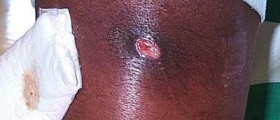

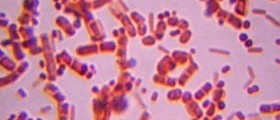
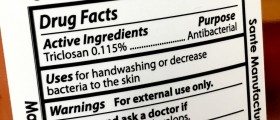

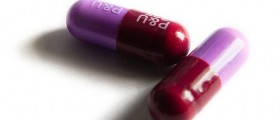



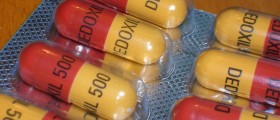
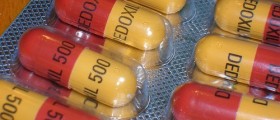
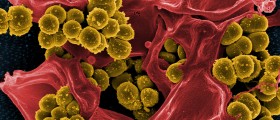



Your thoughts on this
Loading...